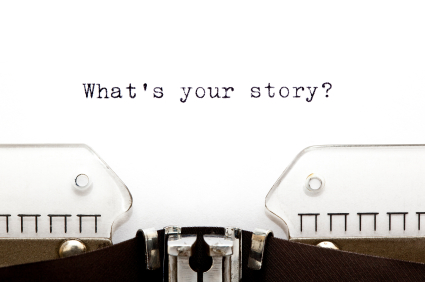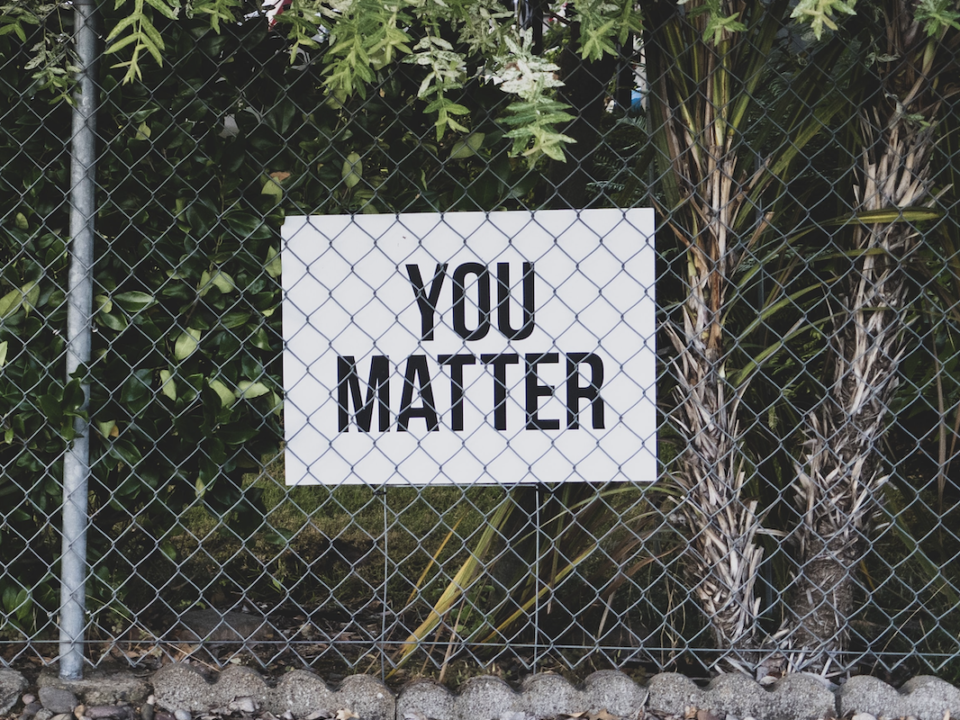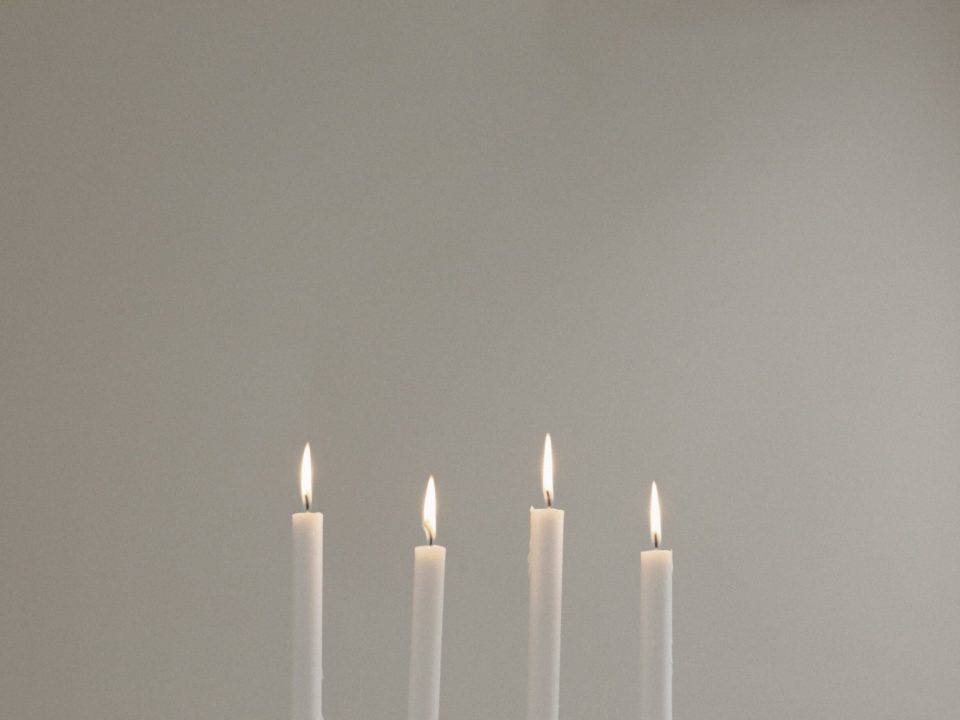“So, Who Was the Funeral For?” | Creating Sacred Moments
I recently attended a service where the officiant said, “funerals aren’t for the person who died, they are for the living.” I initially disliked this idea, feeling that it sounded vastly self-serving at a time that was set-aside for someone who had died. This same officiant then proceeded to talk about himself and his own grief experiences, sharing almost nothing about the person who had died. My mind drifted off until a slideshow began playing and jogged me back to why I was there. This officiant’s failure made a sad event even worse. The service he performed wasn’t for my friend or for his family – it didn’t serve anyone but himself.
I continued to wrestle with this idea of just exactly who funerals were for and then I began learning about grief. As I delved into this topic I learned about how important meaningful traditions, symbols and ceremonies can be for the bereaved. I learned how important the component of storytelling is, how photographs and memorabilia help family to laugh and remember good times, how deeply those gathering need to be with each other.
So, here’s how I think funerals work:
#1: A funeral is and always should be about the deceased (and only the deceased), remembering and sharing their unique life-story that touched & left us with stories of our own.
But here’s the other half that is just as crucial:
#2: A funeral is and always should be for the family & friends left grieving.
This last part can be tricky especially for families who pre-plan and don’t think about their families needs when making arrangements. Getting your family together to talk about how your children or spouse would like to honor you when the time comes is a healthy and wonderful way to love and serve your family.
Understandably, many families aren’t aware of how a funeral can honor their loved one while also helping them. But, this is a mortuary blog, and we are here to talk about the tough stuff so here we go . .
Based on what our families have shared with us, here are a few of the unique & deeply meaningful experiences available:
Viewing: “I saw my grandma at her funeral when I was a kid and it really freaked me out” – Seeing your loved one for the first time since they died is one of the most anticipated events we see families experience. But we have seen that when families choose to see their loved one (especially if the death was traumatic or due to an illness) they experience tremendous relief and peace. While this may not be for everyone, we encourage you to not rely on previous experiences to determine how your needs should be met now.
Celebrants: The goal of the Celebrant is to tell the story of the person lost and provide the family with a meaningful service. A certified Celebrant will meet with your family before the service to learn about your loved one so that when they speak at the funeral they have a fully detailed & illustrated picture of the life being honored.
Witnessing: One of the most unique experiences we offer is the opportunity to be present for the cremation. Families have expressed a sense of “getting to be with [their loved one] until the very end,” and felt that this was “the last way they could care for them,” – that “it just felt right”.
These are sacred moments.
We want all of our families to have moments like these. To have a beautiful service commemorating their loved one, to experience a sense of peace, to know that their loved one is taken care of, and most of all, to have the certainty that they did all they could.
These kinds of services that are about the person who has died, and that serve or are for the people carrying on.
Give your loved ones sacred moments like these.






29 Comments
Hey Michael,
I had the privilege of hearing Ty at the training he held but I also got to listen in on Jeff’s formal training and sat through 15 Celebrant Services in just under 5 hours. It was intense but gave me a HUGE appreciation for what they do.
Thank you, Molly. I recently experienced a memorial service that truly honored the person who died. Although he was taken from us at far too young an age, throughout the ceremony we were reminded of who he was, what he was passionate about, and how he lived his short life. Each of us left the ceremony feeling that we knew him just a little bit better. To be able to gather and share our grief as a community was very healing for those of us who are now left to carry on. As you so beautifully stated, it was about him but for us.
Becky, what a beautiful experience! I am so glad that you were able to leave the service with those sentiments – there’s no better way to walk away from a tragedy like that. Thank you for sharing your story and your testimony that just validates the ideas of this post.
That is such a simple phrase, but so poignant. Thank you so much for sharing that, Tom!
So true Chris. Thank you for reading!
I have been to weddings where it was the same type of vibe from the officiant. They spoke more about themselves than the couple or about marriage. I think the two points you hit on about funerals being about the deceased and honoring their life, as well as for the family and loved ones. It is so important to create the space where people can reflect on the life of the deceased, honor their life + character, and for all who hear to be encouraged and blessed to have been a part of that person’s life. This all combines to help with the grief process.
Absolutely! Erin, thank you so much for reading & responding like this. It makes me sad that you’ve seen this kind of situation play out but I love you were able to walk away with it with your wisdom and insight about what actually matters. It’s great to hear from you & a bit about what your journey has held.
Thank you for sharing!